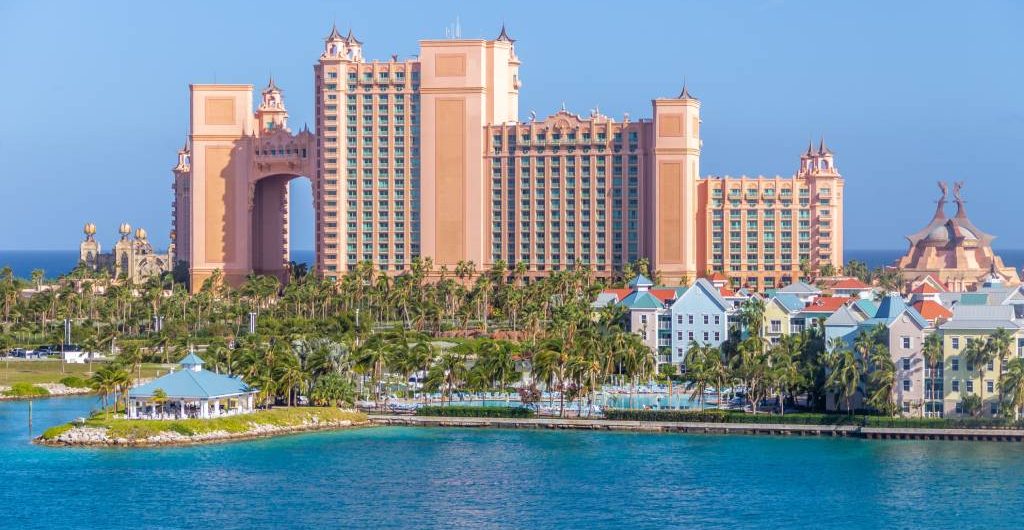
The Bahamas, an enchanting archipelago in the Atlantic Ocean, is a tropical paradise known for its stunning natural beauty, vibrant culture, and warm hospitality. Located in the western part of the Atlantic Ocean, this nation is a popular destination for travelers seeking crystal-clear waters, powdery white-sand beaches, and a rich cultural heritage.
History
The history of the Bahamas is a tale of exploration and colonization. Indigenous Lucayan people were the original inhabitants of these islands. However, their population was decimated by Spanish colonizers in the late 15th century. Subsequently, the islands became a haven for British settlers, leading to British colonization that lasted until the Bahamas gained independence in 1973.
Government and Politics
The Bahamas is a constitutional monarchy with a parliamentary system of government. It is a member of the Commonwealth of Nations, and the head of state is Queen Elizabeth II, represented by a Governor-General. The country has a multi-party political system, with the two major parties being the Progressive Liberal Party (PLP) and the Free National Movement (FNM).
Economy
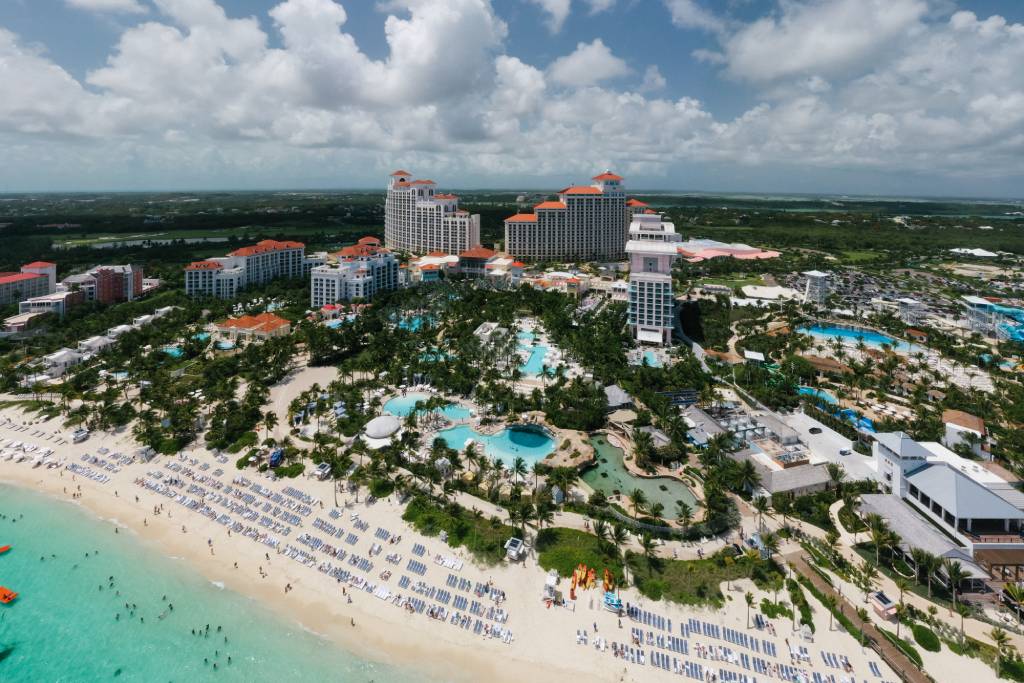
Tourism is the backbone of the Bahamian economy, accounting for a significant portion of its GDP. The Bahamas’ pristine beaches, clear waters, and vibrant marine life attract millions of tourists annually. Additionally, the financial services sector plays a crucial role, with offshore banking and wealth management services contributing to the economy.
Culture and Society
The Bahamas is a melting pot of cultures, with influences from Africa, Europe, and the Americas. English is the official language, and Christianity, particularly the Anglican and Baptist denominations, is the dominant religion. The culture is vibrant and lively, featuring Junkanoo music and dance, colorful festivals, and a warm and welcoming spirit.
Geography and Natural Features
Comprising over 700 islands and 2,400 cays, the Bahamas is an archipelago of stunning diversity. The climate is tropical, with warm temperatures year-round. The islands are adorned with lush vegetation and are surrounded by some of the clearest waters in the world, making them a haven for marine life.
Tourism and Attractions
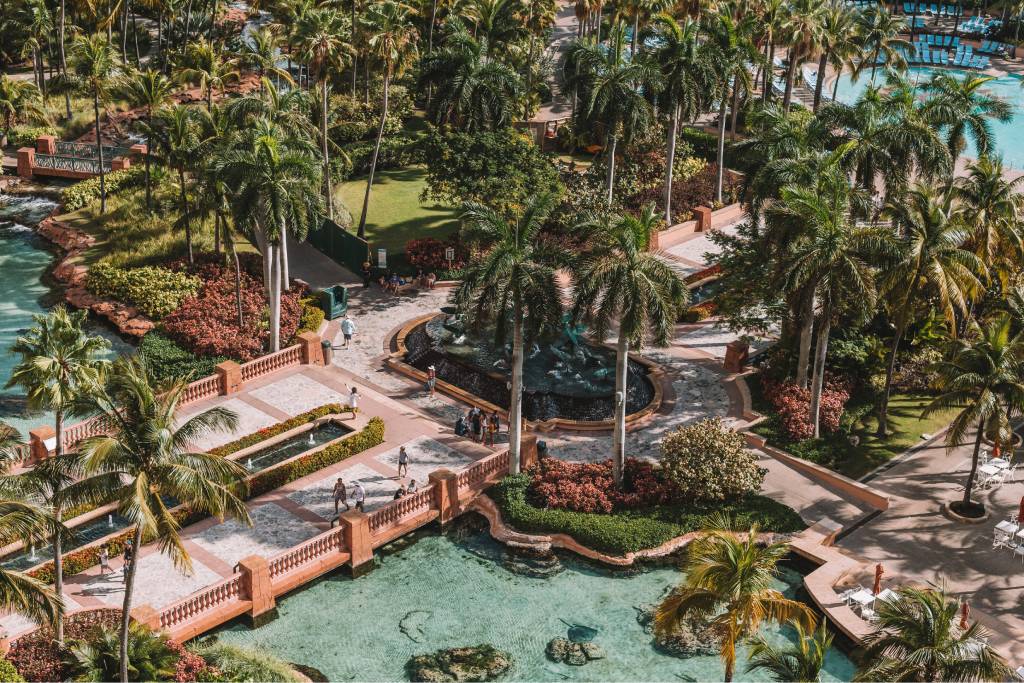
The Bahamas offers a wide range of attractions, from the bustling markets of Nassau to the tranquil beaches of the Out Islands. Notable destinations include Paradise Island, the Exumas, Andros Island, and the Abacos. Visitors can enjoy water sports, explore underwater caves, and indulge in world-class diving and snorkeling.
Cuisine
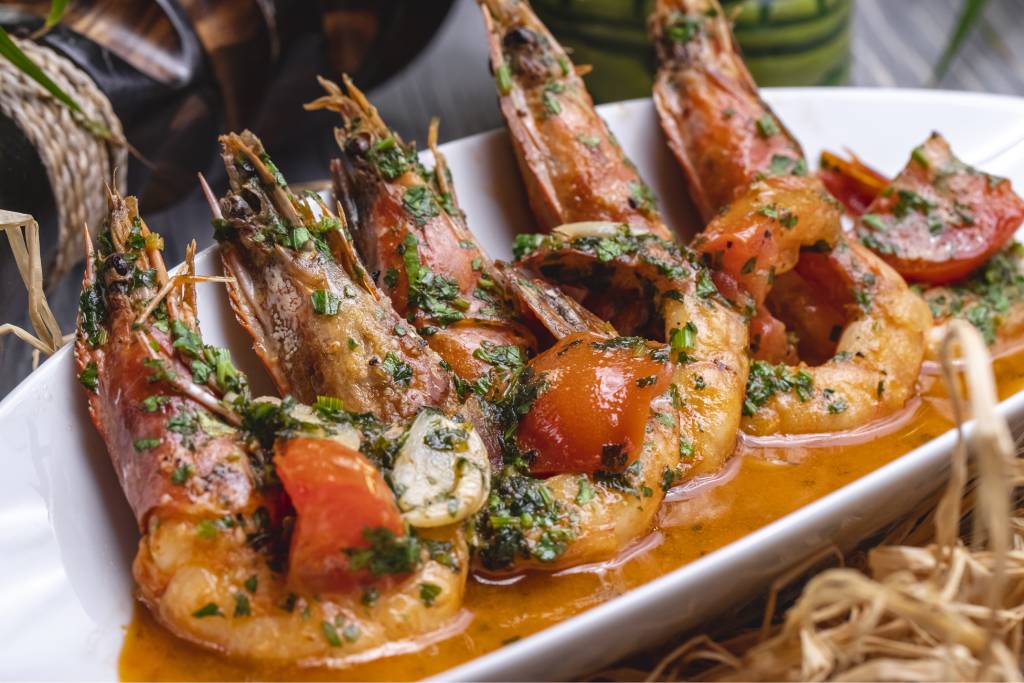
Bahamian cuisine is a delicious blend of flavors, with an emphasis on seafood. Conch, a type of shellfish, is a local delicacy and is prepared in various ways, including conch salad and fritters. Other traditional dishes include peas and rice, johnnycake, and guava duff for dessert.
Transportation
The Bahamas is well-connected with major airports in Nassau, Freeport, and other islands. Ferries and private boats are popular for inter-island travel. Public transportation options include buses and taxis, although many tourists prefer renting cars to explore the islands independently.
Challenges and Issues
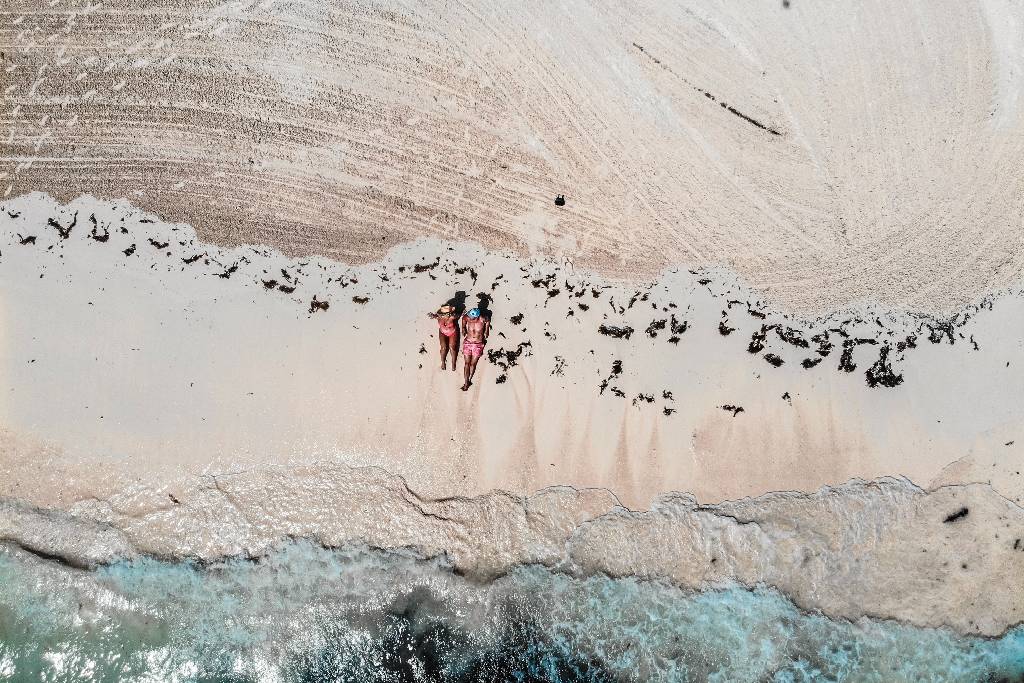
The Bahamas faces environmental challenges, including the impact of climate change, coral reef degradation, and hurricane risks. Additionally, economic disparities exist, with some islands benefiting more from tourism than others.
Future Outlook
The Bahamas continues to invest in sustainable tourism and environmental conservation to protect its natural treasures. As a leading destination in the Caribbean, it’s poised to remain a popular choice for travelers seeking the perfect blend of relaxation, adventure, and culture in a tropical paradise.